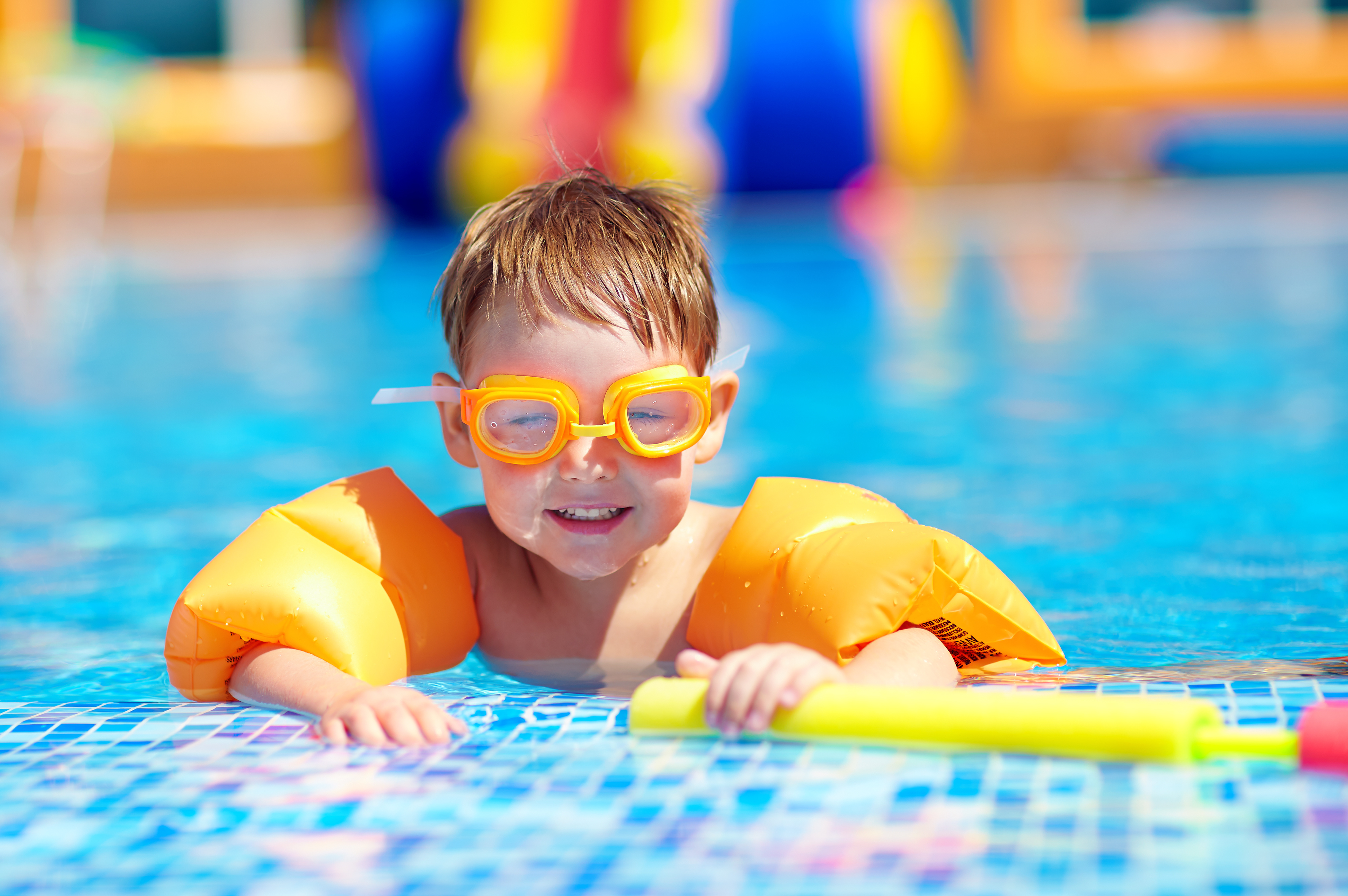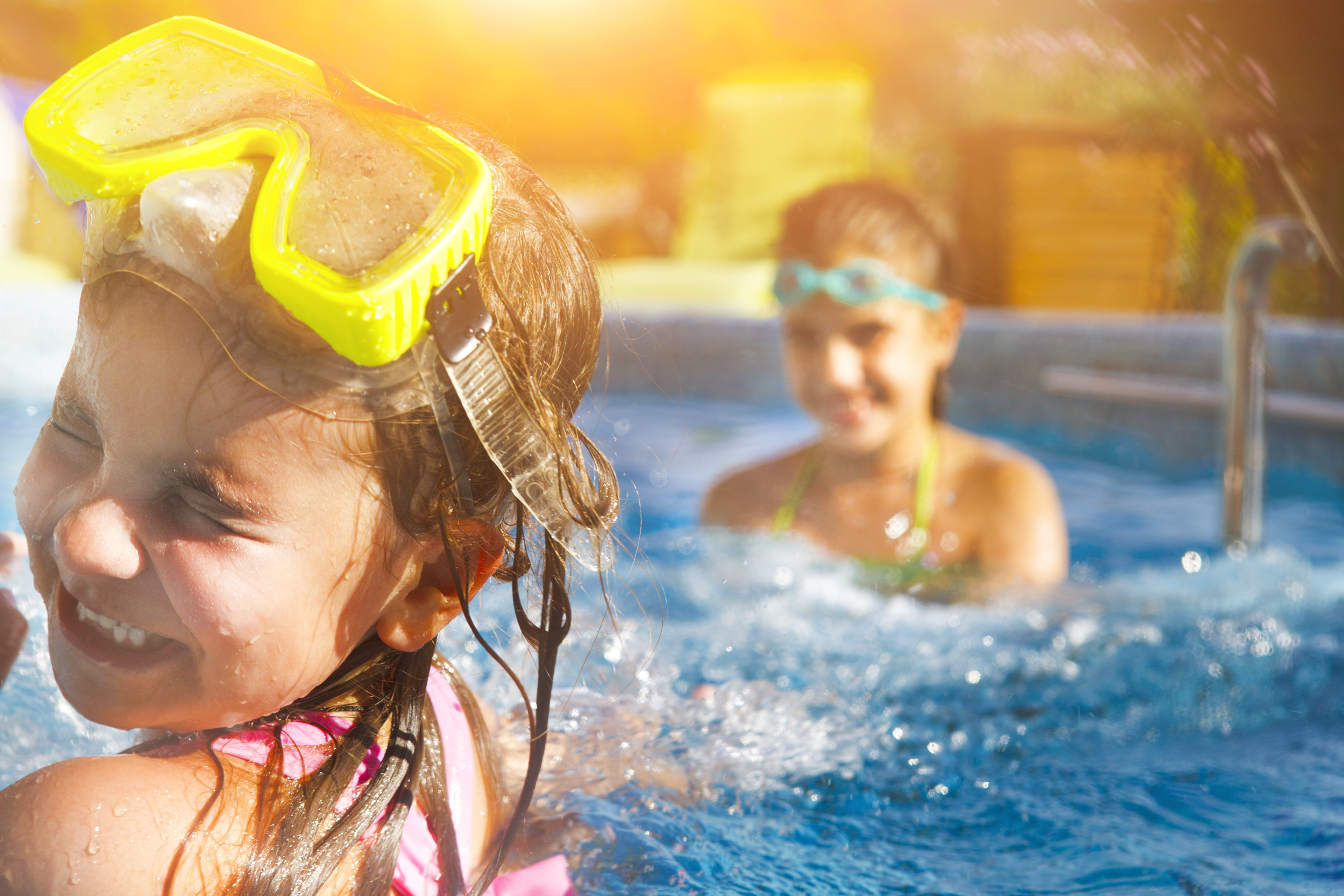Tips to Keep Kids Clean at Public Swimming Pools
With so many people splashing around in public swimming pools, you’re bound to run into some swimmers who aren’t very hygienic. Sure, there are chemicals like the widely-known chlorine fighting off the bacteria the average swimmer sheds, but how effective are local swimming spots at sterilizing unsanitary bacteria?
As a swimmer or parent of a swimmer, what techniques can you practice to reduce the risk of contracting an illness at the pool? Discover some interesting facts and learn how to stay clean at public swimming pools.
Public Pool Problems
Yes, chlorine is at work in almost every public swimming pool, fighting off as much bacteria as possible, but it can’t always defeat every wave of germs. To make matters worse, unhealthy practices like urination–that happens more frequently than we’d like to think–counteract chemicals like chlorine, making it more difficult for the chemical to fight off human bacteria at an effective rate. According to research done by the Center for Disease Control (CDC), over ten percent of public swimming pools failed routine inspections and were shut down for violating at least one code that represented a “serious threat to public health.” The large study was conducted on nearly 50,000 public swimming pools across five different states in 2013, but provided a big enough sample to conclude that most pool maintenance around the country isn’t going to be sophisticated.
The Trouble with Chlorine
A major part of pool maintenance involves monitoring the proper chlorine levels. Chlorine is highly effective when added into the swimming pool system properly, but poor calculations or inconsistent monitoring could make it harder for chlorine to get the job done as efficiently as it needs to. While it might just take minutes to kill bacteria like E.coli, more resistant parasites like Cryptosporidium stick around for days. There’s always going to be germs and harmful bacteria in public pools, and chlorine can only be effective if used properly. Thankfully, there are a number of ways to protect your kids even if the pool maintenance isn’t up to par.
Keeping Kids Safe
Pool hygiene isn’t just about how you behave in the pool. It’s also about actions you can take before or after your swimming session. One of the best things you can do for your kids at the pool is make sure they wash up before getting into the water. This is especially important for young children or toddlers. The CDC study mentioned before concluded that there was a higher rate of health and safety violations in kiddie pools. It’s no surprise that more accidents happen here, so parents taking their kids into these pools should try to take more bathroom breaks during the day, check kids for accidents, never swallow water and shower afterward. Parents can also be sure to dry their kids off properly and provide goggles to protect their eyes from germs.







